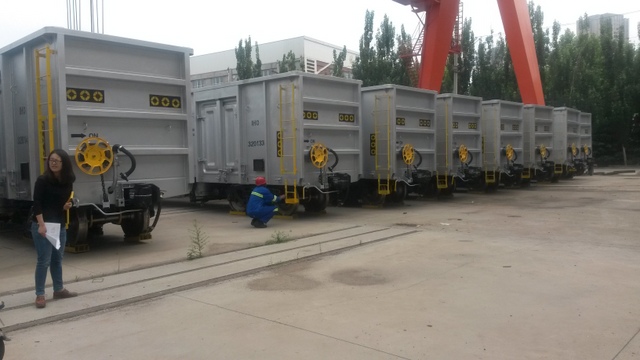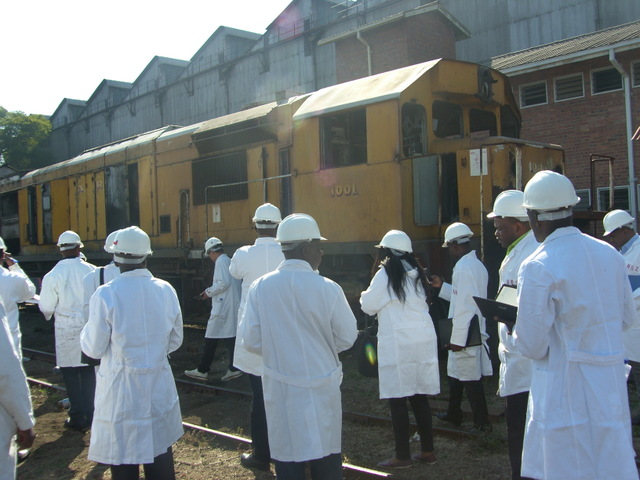
NRZ Deal- Prepare for new dispensation
NRZ Deal- prepare for new dispensation
NRZ is marking its 120 years of existence with renewed optimism and confidence that it will live for another century and beyond.
The recent decision by Cabinet to approve a deal brokered with Diaspora Investment Development Group/Transnet Consortium to inject fresh capital has infused a conviction that the future of the organisation is guaranteed.
Recapitalisation of the NRZ has been on the drawing board for years but it appears the dream to turn the parastatal into a viable profit making organisation is finally becoming a reality.
NRZ management and DIDG/Transnet are now involved in negotiations to tie loose ends before the deal is finalized.
When consummated, the deal will see NRZ operational capacity improving as it will have the resources to meet demand for its services from industry.
In the 1990s, the NRZ was moving between 10.5 million and 14 million tonnes a year.
Due to deteriorating infrastructure and failure to inject capital, freight volumes declined, affecting the organisation’s performance.
The NRZ system is designed to carry 18 million tonnes of freight a year but in 2016, the organisation carried only 2.7 million tonnes.
At the time when freight volumes were high, the parastatal had 240 locomotives comprising 49 steam, 161 diesel and 30 electric. The steam and electric locos have since been decommissioned while only 60 diesel locos are in service.
In terms of wagons, in June 1996, the NRZ had 10 799 wagons of different types but at present about 3 500 are in use. The rest are in need of repairs and refurbishment.
Ten percent of the track infrastructure (about 275km) is under temporary speed restrictions and has to be rehabilitated.
The $400m to be injected by investors will be used towards repair and refurbishment of infrastructure and equipment including some of the broken down locomotives, wagons and passengers coaches.
Locos which have reached the end of their service life will be overhauled to give them an additional 10 years of service.
Seven hundred and sixty eight wagons and 162 coaches are earmarked to be refurbished using part of the $400million.
In addition, the money will also be used to buy 24 new mainline locomotives and 10 shunt locomotives. The track will be rehabilitated to remove speed restrictions thus ensuring faster movement of goods and passengers.
Once the initial $400 million is injected, the drive towards operational capacity for the NRZ will start in earnest thus asserting the organisation to reclaim its position as the preferred mover of bulk commodities.
DIDG/Transnet Consortium was selected after a rigorous exercise which included a pre-bid conference attended by representatives of more than 80 local, regional and international companies.
Six companies were later shortlisted as having met the bid requirements with DIDG/Transnet consortium emerging the eventual winner.


